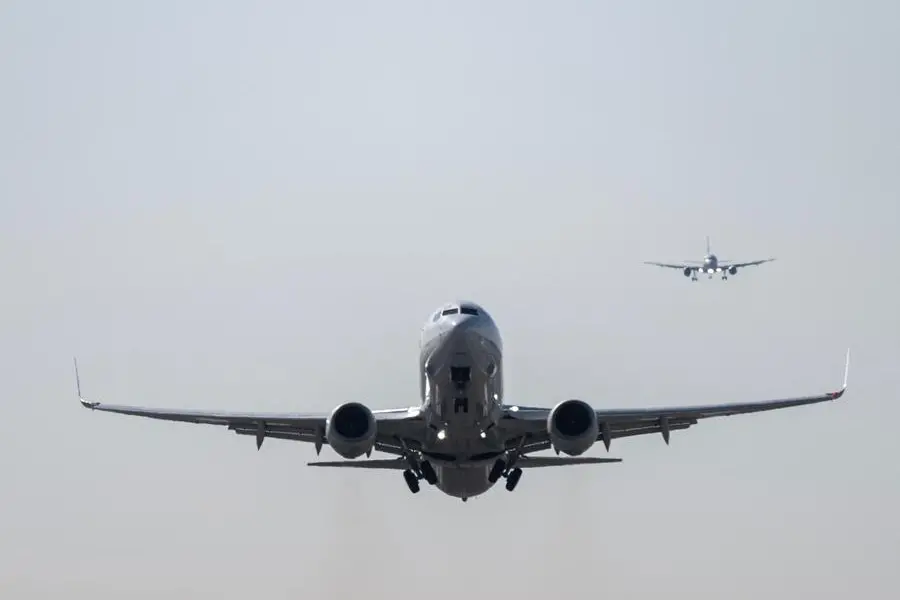PHOTO
Sri Lanka said Tuesday it would assume $510 million of debt to help find a buyer for its loss-making national airline, weeks after a stowaway rat caused a string of flight cancellations.
The island nation is recovering from an unprecedented economic crisis in 2022 and has been desperate to sell off SriLankan Airlines, long a burden on the national budget.
A deadline for proposals to "restructure" and take over the carrier was due to expire on Tuesday but aviation minister Nimal Siripala de Silva said cabinet had extend it for 45 days, without saying if any offers had already been received.
De Silva said the government would absorb more than a quarter of the airline's reported $1.973 billion in accumulated losses to March 2023 "so that the airline becomes more attractive to investors".
He added that the government also decided to inject $60-70 million dollars into SriLankan over the next six months to keep the airline afloat and secure the jobs of its 6,000 employees until its privatisation.
SriLankan has already grounded three Airbus aircraft for more than a year because it did not have money to pay for the mandatory refurbishment of engines.
Problems for the airline were compounded late last month by a rat found aboard a SriLankan Airbus A330.
It triggered an aircraft search to ensure it had not chewed through critical components, forcing the aircraft's grounding for three days.
Successive governments have attempted to sell SriLankan without success. A previous administration put the airline up for sale for one dollar, but no bids were received.
The airline was profitable until a management agreement with Emirates was scrapped in 2008, following a dispute with then-president Mahinda Rajapaksa.
The carrier had refused to bump fare-paying passengers in place of 35 members of Rajapaksa's family, who were returning from a holiday in London.
One of the airline's most profitable years was ironically in 2001, when Tamil Tigers separatists launched an attack on Sri Lanka's main international airport during the island nation's long civil war.
Half of the airline's fleet of 12 jets were destroyed in the July attack, but insurance payouts and the removal of excess capacity offset a downturn in ticket sales.





















